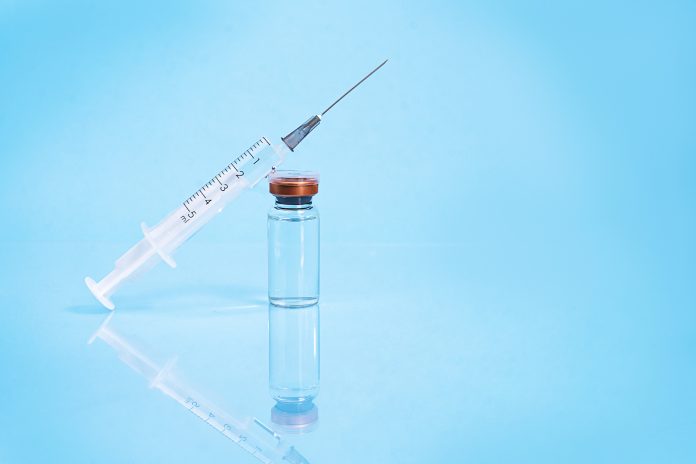
Vaccination against HIV-1 and Zika virus with self-amplifying replicon (rep) RNA during pregnancy can result in antibodies that are transferred to offspring before birth, preclinical research suggests.
The study, outlined in the journal Molecular Therapy, showed that repRNA vaccines induced antibody responses in pregnant rabbits that were passed on in utero to their kits.
The vaccines tested used the proprietary LION delivery platform, a stable oil-in water nanoparticle emulsion that electrostatically binds and protects anionic nucleic acids such as repRNA.
RepRNA vaccines encode viral replicase enzymes that amplify the expression of a particular gene between 10- and 100-fold over non-replicating mRNA, providing dosing and manufacturing advantages.
“Preventing mother-to-child transmission is a major goal for reducing disease burden in newborns,” said senior author Amit Khandhar, PhD, a material scientist at HDT Bio Corp. and one of the inventors of the LION formulation.
“With mRNA vaccines attracting global attention, there is a need to evaluate their safety and immunogenicity in preclinical models that inform maternal and childhood vaccination.”
The recent success of mRNA vaccines in response to the COVID-19 pandemic has acted as a catalyst for those targeting other infectious diseases.
The safety profile of mRNA vaccines expressing the SARS-CoV-2 spike now extends beyond healthy adults; the U.S Food and Drug Administration has authorized the Pfizer/BioNTech and Moderna mRNA vaccines for children aged six months and older and preliminary findings have been encouraging regarding safety in pregnancy.
Two self-amplifying RNA COVID-19 vaccines were recently evaluated in U.S phase I trials, both of which used lipid nanoparticle delivery vehicles.
Arcturus Therapeutics reported 55 per cent efficacy in preventing symptomatic disease following two 5-mg doses of their repRNA vaccine encoding the original SARSCoV-2 spike in the context of Delta and Omicron variants in circulation.
Moderna’s mRNA-1273 vaccine, which also encodes the original SARS-CoV-2 spike, provided 44 per cent efficacy against the Omicron variant with two 100-mg doses.
In contrast with these lipid nanoparticle formations, which encapsulate RNA, LION is stored independently of the repRNA and thereby enables speedy evaluation of new repRNA vaccines such as those designed to address emerging SARS-CoV-2 variants.
Noting ongoing clinical trials with LION/repRNA, and positive preclinical evidence, Khandhar and team to evaluate this platform for maternal vaccination.
The team used HIV-1 and Zika virus as model pathogens because of their significant role in causing infections in newborns following mother-to-child transmission.
The researchers showed that the repRNA vaccine platform induced antibody responses in pregnant rabbits at levels sufficient to allow subsequent maternal transfer to newborn kits.
RepRNA immunization at a relatively high dose of 100 mg per immunization was well tolerated in the pregnant rabbits with no detrimental impact on litter size compared with an unimmunized group.
The repRNA vaccines were also immunogenic, mounting robust antigen-specific antibody responses in pregnant rabbits.
The quantity of circulating antibodies in pregnant rabbits positively and significantly correlated with that of serum antibodies in newborn rabbits delivered approximately 2 weeks after the second immunization.
Further study indicated that a second booster, equating to a third immunization, resulted in a significant boost in responses.
“These data suggest that timing and frequency of immunization could be adjusted as a means to optimize maternal transfer of antibodies,” the researchers say.













